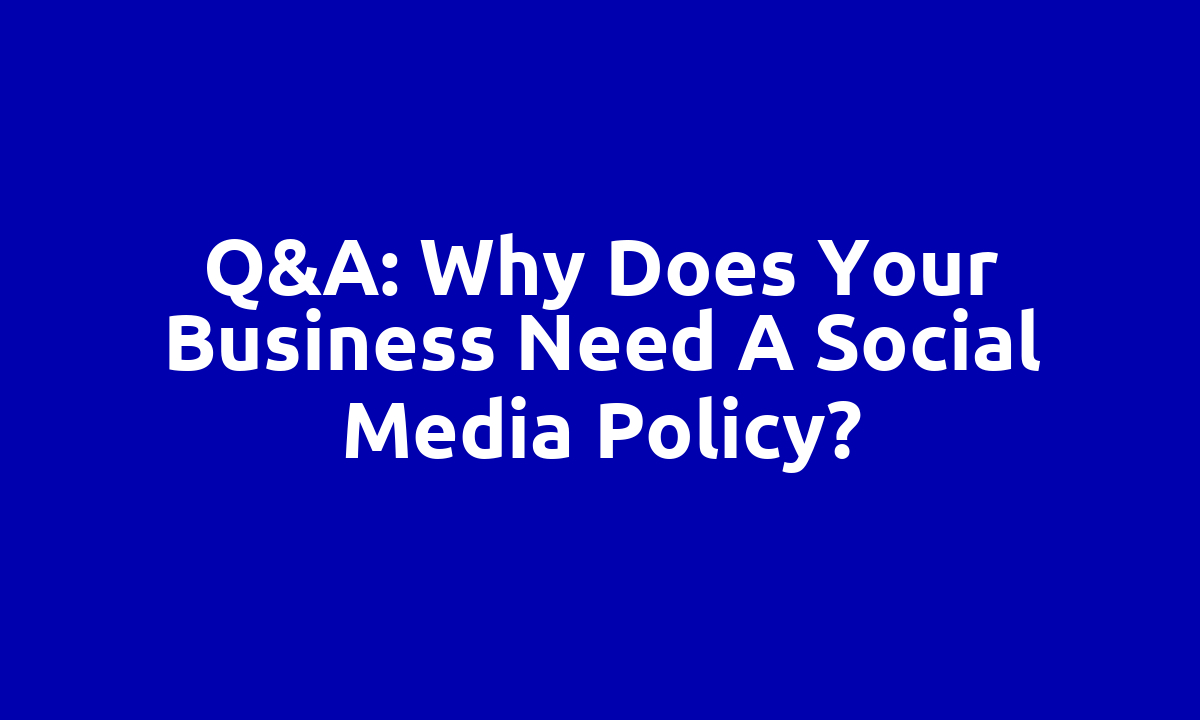Thanks to Twitter, Facebook and LinkedIn, your employees are communicating with the outside world on a regular basis. But do you know what they are saying and is it good for business? Michael Scutt, partner at law firm Crane & Staples explains why having a social media policy is vital
Why do I need a social media policy?
A social media policy educates your employees and sets down the ground rules for employees when posting on behalf of the business. There are many examples of employees making comments on social media such as Facebook and Twitter that have brought firms into disrepute.
You could face legal action if comments made in your company’s name break the law. Social media is covered by exactly the same laws that govern comments printed in a newspaper or even spoken in the street. These include any criminal offense such as libel or inciting racial hatred, for example.
Another problem area is cyber bullying by employees. You can run the risk of an employee making a claim against the company, especially if managers at the firm are also a social media contact of the employee that had done the bullying.
Can’t I trust my employees to do the right thing?
Many employees are naive about social media – they don’t realize how quickly posts on social media can spread and leak out into the wider world. They also fail to realize how personal posts can still reflect badly on the business – especially if they are making comments about rivals or competitors. People’s friends on Facebook often always their friends either. Sometimes they are contacts – you can’t always trust them.
How can a social media policy protect me and what should it include?
A social media policy can give a firm a benchmark so you have clear rules that are easier to enforce. Employers need to set out what is and is not acceptable so that they have a case if someone breaches the policy.
Explain that employees must behave professionally and that they shouldn’t mix personal and business. They mustn’t post comments about the company that don’t represent the views of that firm or that could bring it into disrepute – even if they are tweeting or blogging in their own time. Abusive comments about the company you work for, for example, are abusive comments in law.
What about confidentiality in a social media policy?
A social media policy should make clear that employees must not release confidential information about the business, such as the names of customers, without authorization from a senior manager.
My staff network on LinkedIn under our company name – who owns the connections?
Any connections made on a site like LinkedIn by an employee during the course of business could well belong to the business. This is an issue you should clarify in your policy document from the start.
Should I show my social media policy to a lawyer?
It’s a good idea to get a lawyer to check your social media policy to ensure you are adequately protected.
Does my social media policy have to be a long document?
It doesn’t have to be long and complicated. Here are four simple guidelines:
-
- Do not mix the professional and the personal in ways that could bring the business into disrepute.
-
- Don’t say anything that undermines your effectiveness at work.
-
- Do not imply company endorsement of your personal views.
-
- Do not disclose confidential business information.
